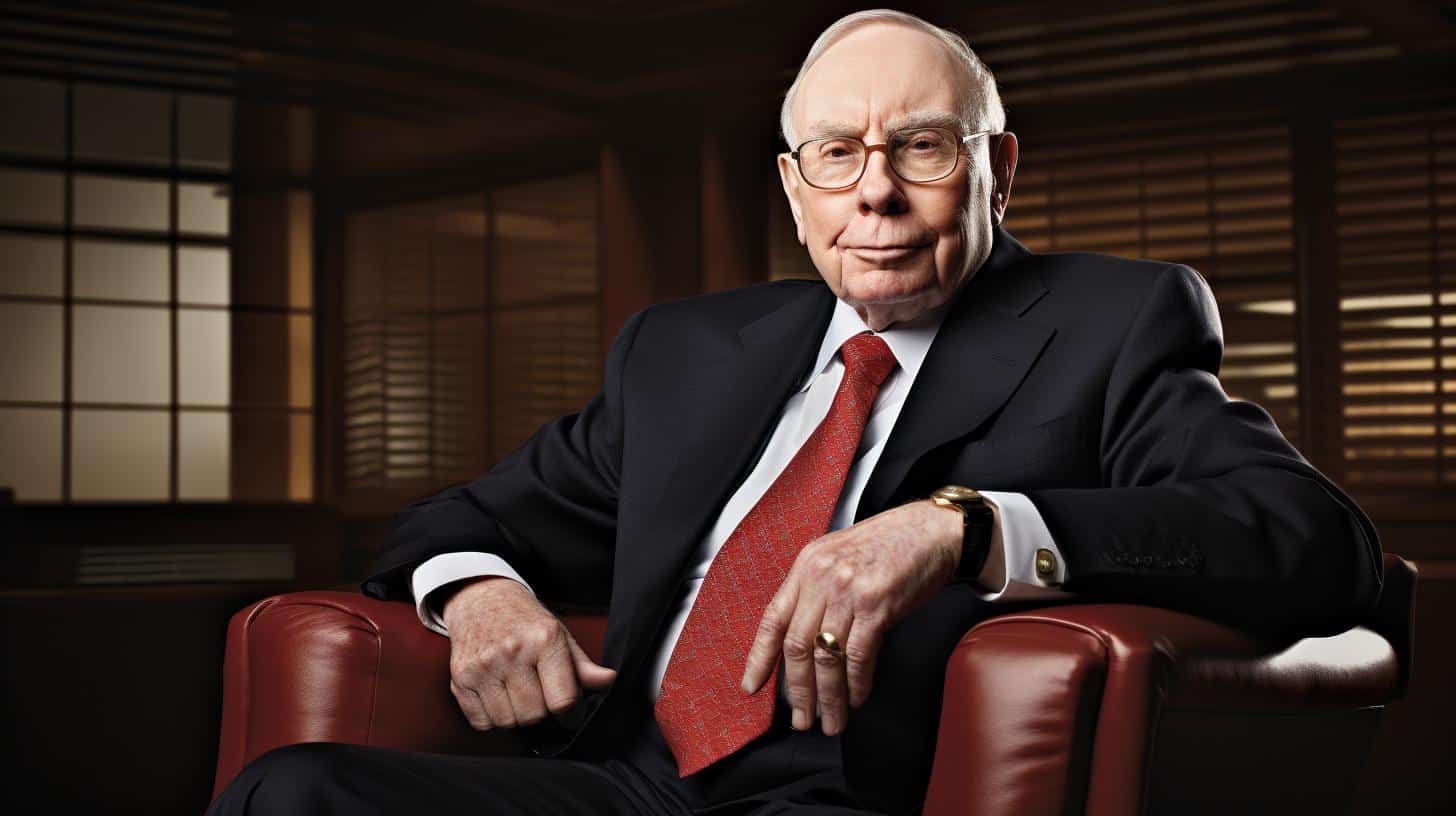Bitfarms Leadership Shift Amid Boardroom Battle
In a strategic shake-up, Bitfarms, a prominent Bitcoin mining company, announced the immediate resignation of its co-founder and chair, Nicolas Bonta. This move comes in the wake of a protracted boardroom dispute with its largest shareholder, Riot Platforms. The tension between the two industry giants has been simmering since April, when Riot made an ambitious $950 million bid to acquire Bitfarms. However, Bitfarms rejected the offer, claiming it undervalued the company, and initiated a 'poison pill' strategy to thwart any hostile takeover attempts.
Riot's Strategic Maneuvers
Despite withdrawing its acquisition proposal, Riot continues to assert its influence by seeking to replace three members of Bitfarms' board. The company has expressed a willingness to engage constructively with the newly restructured board, hinting at the potential for future transactions. This ongoing saga highlights the dynamic nature of corporate governance in the fast-evolving cryptocurrency industry.
Leadership Changes at Bitfarms
In response to these developments, Bitfarms has appointed its lead director, Brian Howlett, as Bonta's successor. This leadership transition is part of a broader strategy to stabilize and refocus the company amidst external pressures. Furthermore, Ben Gagnon, the newly appointed CEO, will also take a seat on the board, cementing his role in guiding Bitfarms through this challenging period.
Strengthening the Management Team
Adding to these strategic moves, Bitfarms announced the appointment of Liam Wilson as the new Chief Operating Officer. Wilson, who previously served as COO at Mawson Infrastructure Group, brings a wealth of experience in digital assets infrastructure, which is expected to bolster Bitfarms' operational capabilities.
Understanding the Industry Jargon
Bitcoin mining refers to the process of validating and adding transactions to the blockchain, which is the public ledger of all Bitcoin transactions. Companies like Bitfarms use powerful computers to solve complex mathematical problems, earning cryptocurrency as a reward.
A poison pill is a defensive strategy used by a company to prevent or discourage a hostile takeover. It allows existing shareholders to purchase additional shares at a discount, thus diluting the ownership interest of a new, potentially hostile party.
These developments at Bitfarms underscore the competitive tensions and strategic maneuvers that are characteristic of the rapidly evolving cryptocurrency sector. As the industry continues to mature, such boardroom battles may become increasingly common, reflecting the high stakes involved in digital asset management.













